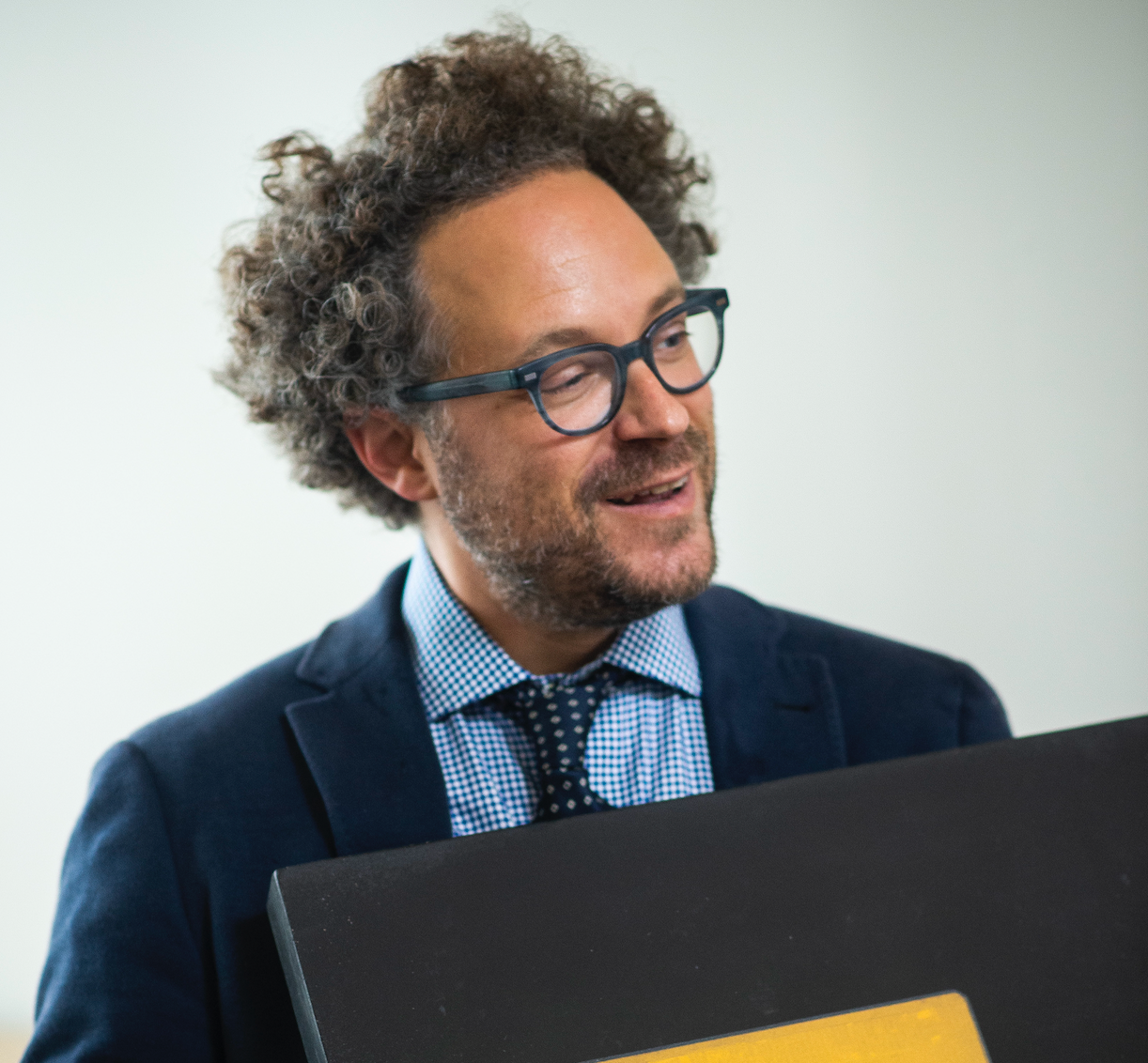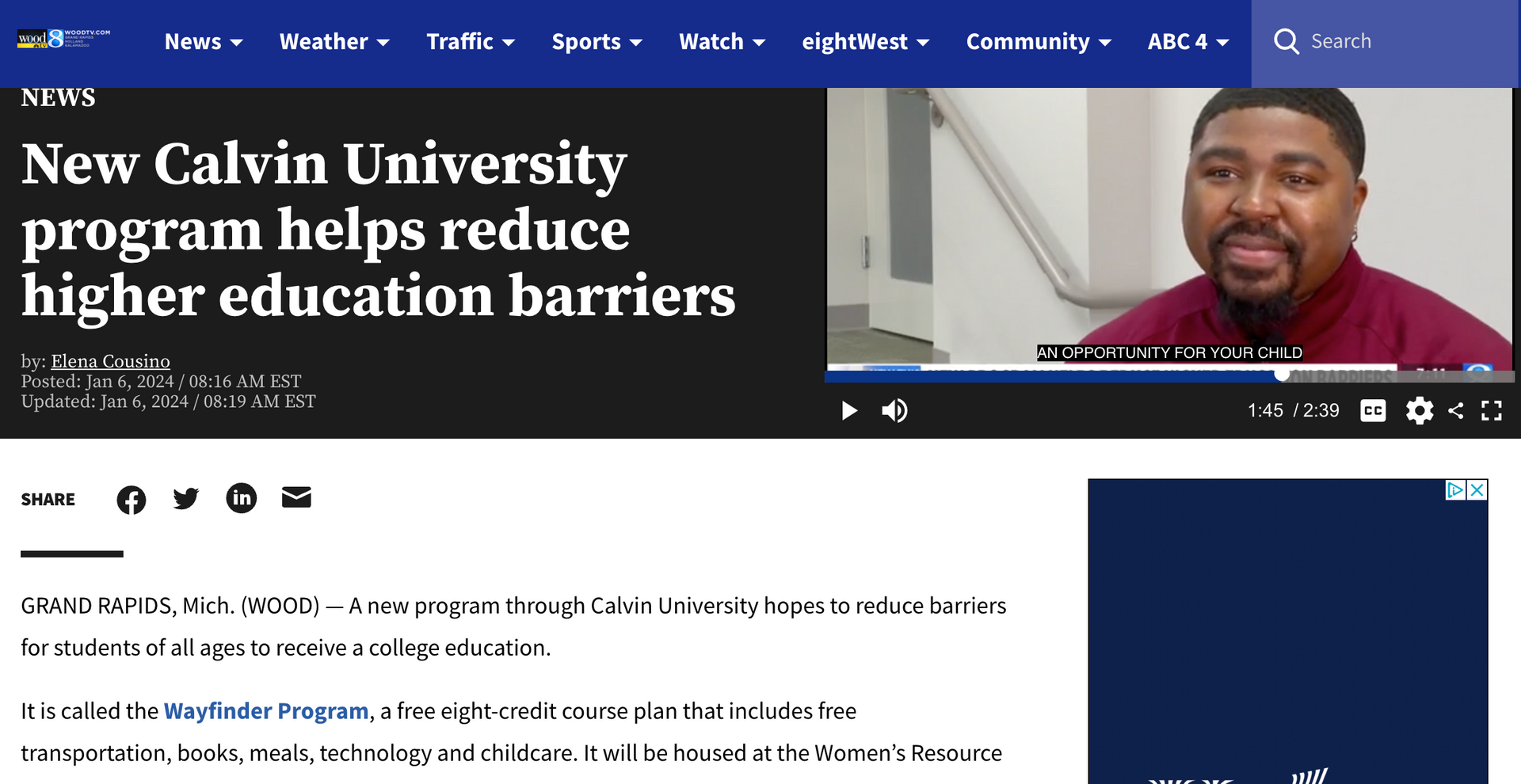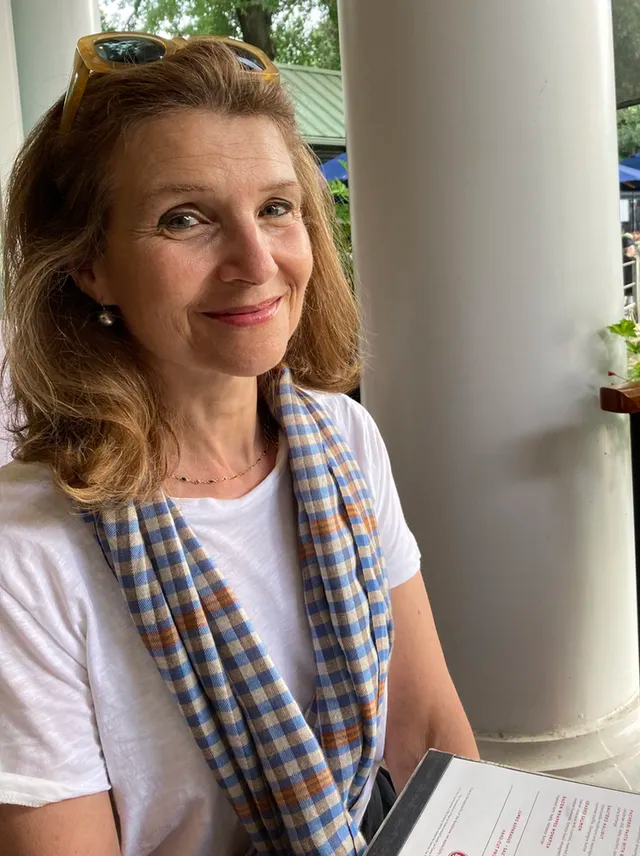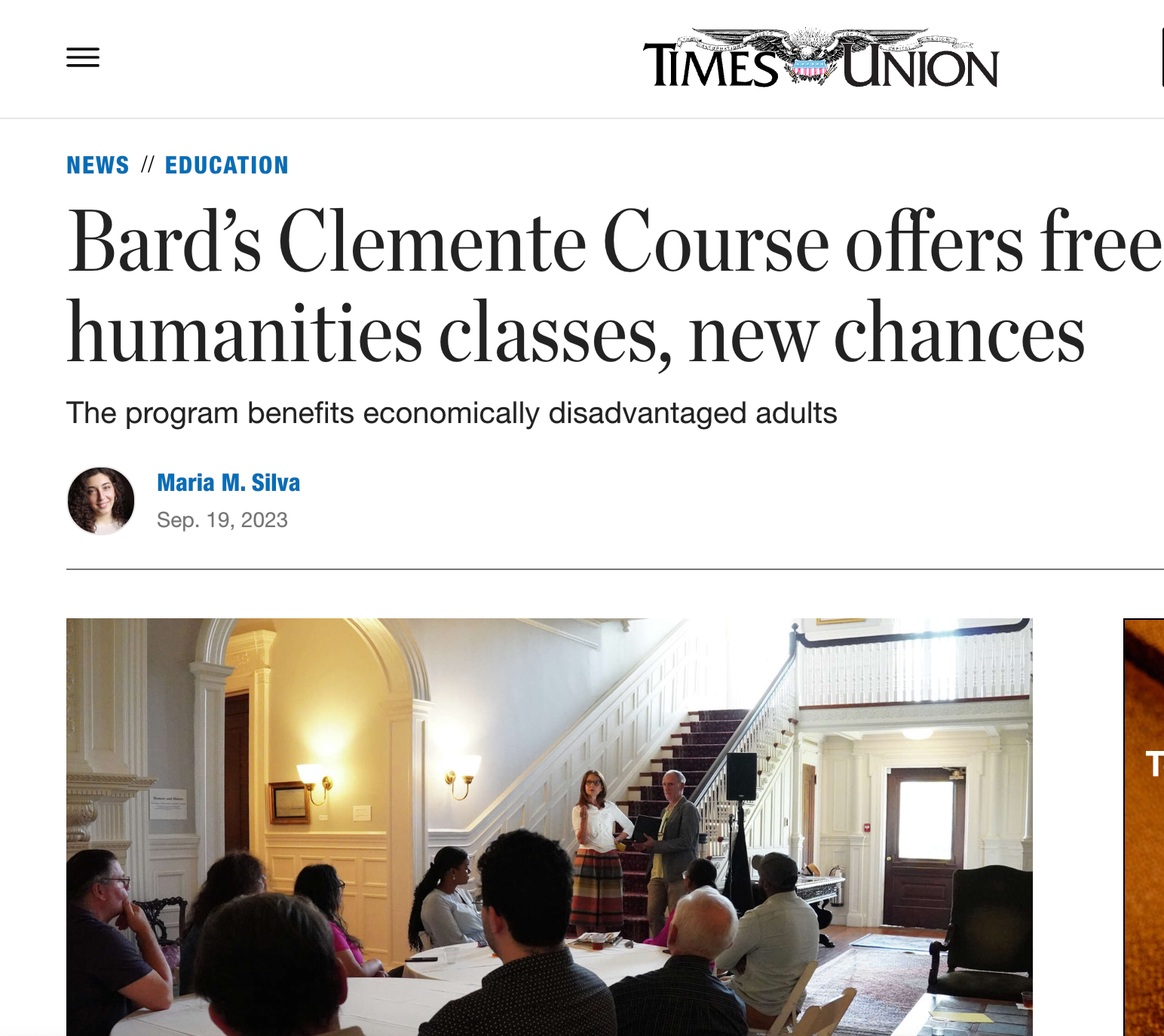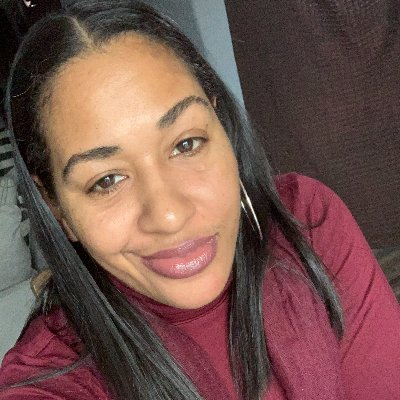
It was a big year for Clemente Holyoke graduate Jacqueline Velez. She worked on the reelection campaign of Massachusetts Senator Ed Markey, saw her essay published in O ,the Oprah Magazine , and completed her associate's degree at Bard Microcollege. As she said in a profile on a local TV station , she's now looking toward the future. "For the first time in my life, I believe I can do anything I set out to do."
A prompt from her Clemente writing professor planted the seed for the essay O, Magazine , “ I Survived 20 Days in Solitary Confinement: Here’s How I Got Through.” After reading Ranier Maria Rilke’s Letters to a Young Poet , with its romanticized images of solitude, instructor Tziviah Gover asked students, “Have you ever been alone for an extended period of time?” For Jacqueline, the answer was yes. She’d spent nearly three weeks in solitary confinement at Rikers Island, an experience that changed her life. And years later, when O Magazine was gathering stories of isolation amid the coronavirus shut down, it was just the story they needed. The development of the essay mirrors the trajectory of Jacqueline’s educational experience. She got the idea for it as a student in the Clemente Course in Holyoke , MA, a program for mothers hosted by the Care Center. Then she began drafting it in a second year Clemente Bridge Course focused on writing. After that class, she transitioned into the Bard Microcollege , where she completed her associate’s degree. There the essay expanded to 17 pages, and her professors offered space to work on it and critical feedback even during the summer.
I’d never written like that until I took my first Clemente Course. It opened my eyes to this whole world, this whole canon of writers.
For Jacqueline, Clemente and Bard offered a way to claim her place in the classroom. Reflecting on her early education, she said, “I literally never went to high school.” She obtained her GED at age 16 and never thought of college as an option. She knew nothing about financial aid or scholarships.
“I was used to watching the Huxtables,” she said, referring to the upper middle class family portrayed on the Cosby Show , “I thought you had to go away to a campus. I didn’t know anybody in college or anybody to ask.”
Years later, in 2004, she took her first college class at the urging of her young
daughter, but her degree was interrupted by the months of incarceration she writes about in her essay. Coming out of prison, she didn’t believe she could ever go back to college: “I thought my life was over. I was not going to be able to pursue my dreams.” What she found instead was an organization where her lived experience was of critical importance. Jacqueline became a volunteer and then a paid employee of a New York nonprofit advocating for criminal justice reform. She worked on a campaign that led to the 2009 anti-shackling law, banning the shackling of laboring women, as well as one that led to modifying laws mandating minimum sentences in drug offenses. When Jacqueline moved to Massachusetts from New York, she found work as a political organizer and later as a regional director for the reelection campaign of Senator Markey. But she also found a way back to education through Clemente.
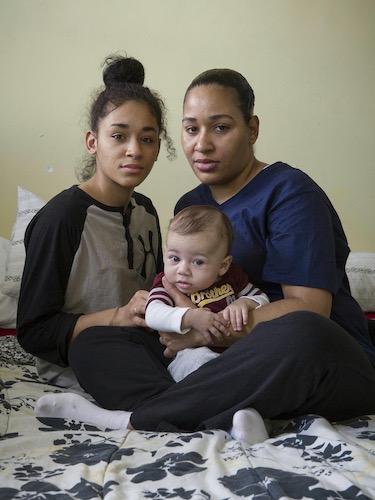
From the beginning of her Clemente experience, Jacqueline was struck by the positivity of the faculty and staff, the way they created a supportive and welcoming environment. And the course material in literature, history, and art revealed new ways of seeing the world. “Maybe if I’d had all that stuff in high school, my life would have taken a different turn,” she said. With a new house and a young son to raise, Jacqueline's hands are full. Her goals are to return to school for her bachelor’s and to start a nonprofit to expand advocacy around criminal justice in the region. And she wants to write a memoir. “Writing saved my life. It has been my sanity,” she said. Though she accumulated mountains of filled notebooks, she never dreamed she could be a paid and published writer. “I’d never written like that until I took my first Clemente Course. It opened my eyes to this whole world, this whole canon of writers. It also opened up something in me that might have died or never fully come alive.”
